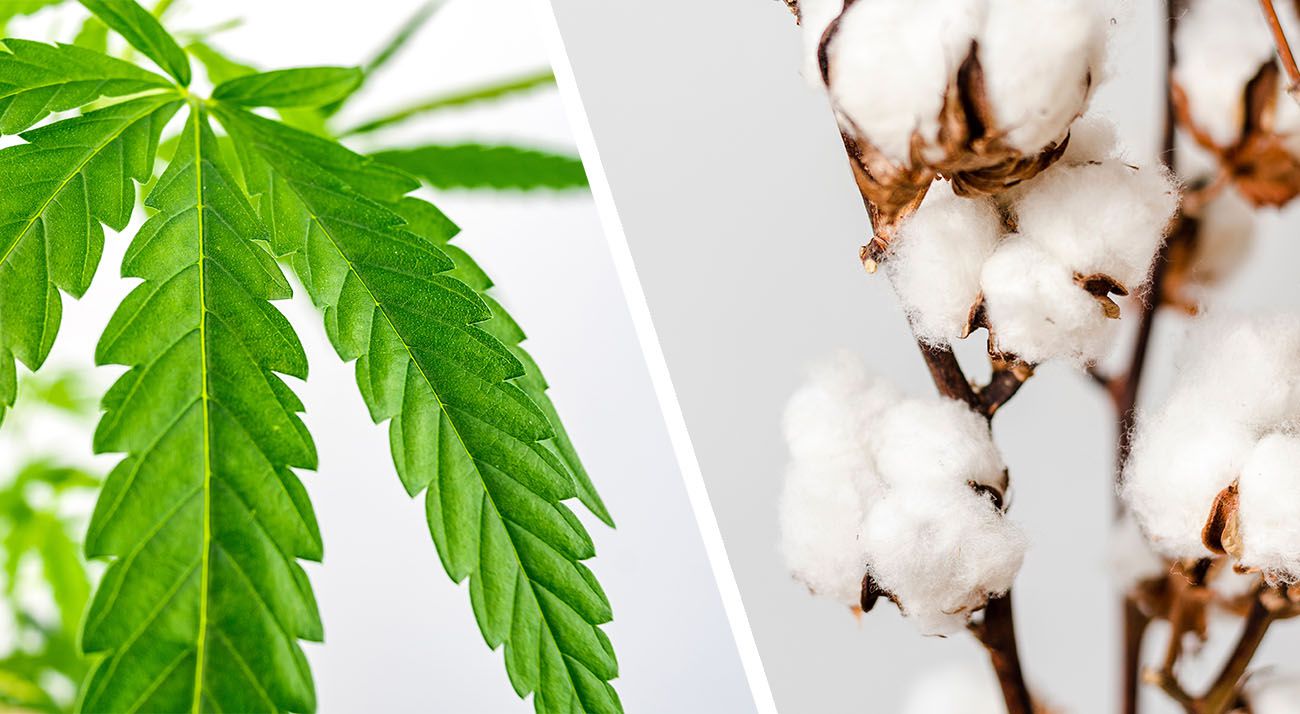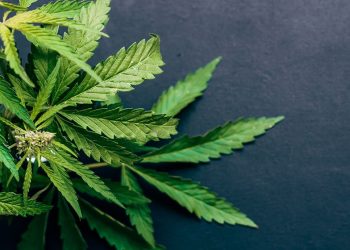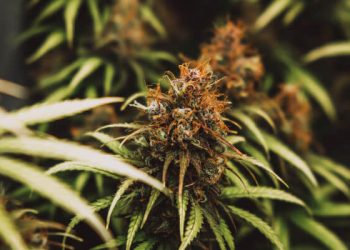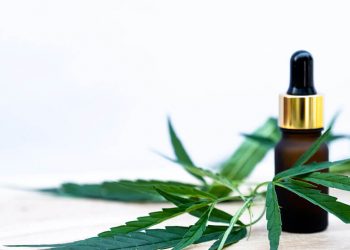Have you ever wondered what the hype around hemp clothing is all about? If you frequent eco-friendly spaces, you’ve probably heard about the wonders of hemp clothing and its superiority to cotton.
But are the rumours true? Is hemp really better than cotton?
In this article, we’ll weigh up both fibres.
The history of hemp and cotton
Believe it or not, hemp wasn’t always an “alternative” fibre. Before the invention of the cotton gin in the 1700s, hemp was so normal most people owned hemp clothing.
The reason for this was simple: hemp grows quickly, and its bast fibre stem contains 73 – 77% cellulose. This makes it perfect for creating thick clothing with little money and farming space (something important for survival pre-modern heating).
After the cotton gin was invented, cotton was farmed more than hemp. As hemp fibre needs to be retted, scratched, and hacked before it could be worn, cotton simply required less labour. Of course, hemp didn’t last forever and disappeared from Australian wardrobes after it was outlawed for its relationship with cannabis in 1937.
According to an Australian government report from 1997, hemp started to gain popularity again with the 1990s “grow your own clothes” movement. Today, hemp clothing in Australia is expensive yet increasingly common. There are good reasons for that.
Hemp v Cotton: the environment
When considering whether hemp or cotton is better for the environment, we need to think about a few things: water, biodegradability, manufacturing process, pesticides, and yield.
Water
Hemp is definitely the superior plant when it comes to reducing water consumption. To produce a single t-shirt, cotton requires 2,700 litres of water, while hemp only requires 918 litres. That’s about 66% less.
That’s an easy win for hemp.
Biodegradability
Both cotton and hemp are biodegradable – so they are fairly neck-on-neck here. However, hemp still wins, as it takes two weeks to decompose, while cotton takes five months to decompose.
Manufacturing process
These days, manufacturing hemp is easier than it was in the middle ages – though it’s far from perfect. While hemp is thick and durable, it is also tougher to process, meaning processing hemp produces higher CO2 emissions than cotton. Hemp is also difficult to farm without ultra-strong harvesting equipment.
Cotton wins this one.
Pesticides
Pesticides are a huge problem globally, and the clothing industry isn’t helping. So how do hemp and cotton stack up?
With such a thick root and stem system, hemp is pretty pest resistant (there’s a reason it’s nicknamed “weed”). When grown in ideal conditions, it doesn’t usually need insecticides, pesticides, or herbicides. However, cotton does, and 10% of agricultural chemicals come from cotton.
Hemp (when grown pesticide-free) wins this one.
Yield
Again, this one is pretty clearly won by hemp. As hemp has such a high bast fibre content, it yields around 2,650 pounds of fibre per acre. This is double the yield of cotton, which produces 1,190 pounds of fibre per acre.
Hemp v cotton: the consumer
While hemp shows strong promise as an eco-friendly fibre, it has one strong drawback: stigma. Marred by its relationship with the “world’s most controversial plant”, hemp is strongly demonised.
So is hemp or cotton better for consumers?
Cost
Yeah… this one is easily won by cotton. As growing hemp requires obtaining a license and adhering to strict restrictions, there is very little hemp supply in Australia. This has made hemp pretty expensive.
By the metre, pure hemp usually costs $18 – $25, while pure cotton usually costs $5 – 10.
Availability
While you can buy cotton clothing almost everywhere, hemp clothing is pretty obscure. There are several small hemp retailers around Australia, though they mostly sell online. Most by-the-metre hemp fabric is also not great for garment production, either.
This one is also won by cotton.
Conclusion
Let’s weigh up the pros and cons.
Hemp
Pros
- Less water
- Fewer pesticides
- Higher yield per acre
Cons
- Expensive
- Higher CO2 emissions
- More processing
Cotton
Pros
- Cheap and easily available
- Lower CO2 emissions
Cons
- High pesticide concentration
- Lower yield
So who wins overall?
Hemp is better for the planet, but cotton is probably better for your wallet.










The durability of hemp clothing needs to be compared before any conclusions are drawn. Using comparable thread counts and weight hemp outperforms cotton but a huge margin in my personal experience. I’d rather pay more $$ per a garment that is robust and lasts for years longer.
That’s a good point Vincent – durability should play a major factor in deciding which material is best.